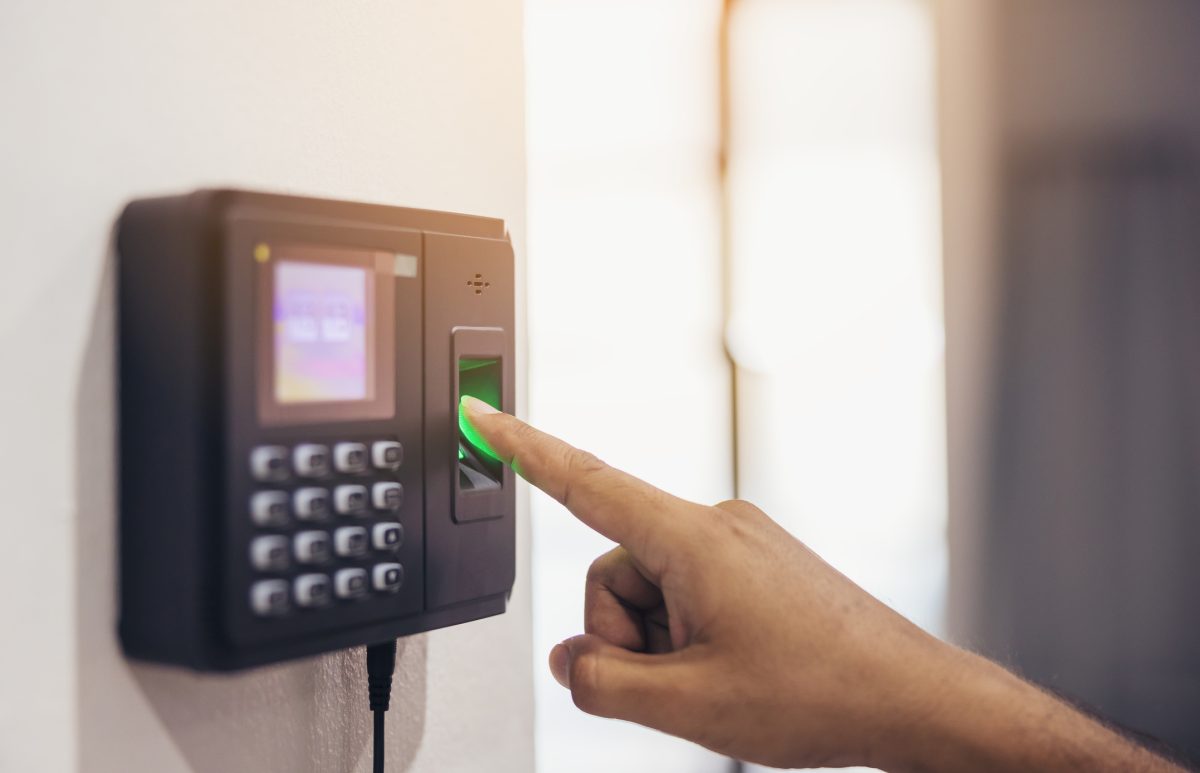
Tracking attendance can increase efficiency, but what does it do to employee morale, trust and overall job satisfaction? Photo: File.
Dan Schawbel believes the trend towards monitoring whether employees are in the office or not has led to a ”Big Brother” approach that can quickly become counterproductive.
In today’s dynamic work environment, organisations are constantly exploring ways to enhance employee productivity and engagement.
One area that has garnered significant attention is the monitoring of employee office attendance.
While some argue that tracking attendance can increase efficiency, it is essential to consider the adverse consequences it can have on employee morale, trust and overall job satisfaction.
A recent survey of employers found that 57 per cent are now tracking attendance, with almost half of them doing so based on feedback from managers.
Another 41 per cent are tracking through badge swipes, sensors, or data indicating where an employee’s computer is being used.
Of the organisations that are tracking, 16 per cent say they are enforcing attendance.
They are doing this for several reasons. First and foremost, attendance tracking provides a tangible way for employers to ensure their workforce remains accountable and maintains a consistent presence in the workplace.
This can be crucial in industries that rely on teamwork or require employees to be physically present to fulfil their roles effectively.
Additionally, monitoring attendance can help organisations calculate accurate payroll, manage overtime, and ensure employees receive the appropriate compensation for their hours worked.
Last, attendance monitoring can serve as a tool for performance management and productivity improvement.
By tracking attendance patterns, employers can identify trends and address issues related to punctuality and absenteeism.
While many organisations see a need for employee monitoring, it can decrease trust among employees and invade their privacy, leading to lower morale and higher turnover.
When employees feel their every move is being scrutinised, it erodes their sense of autonomy and respect, leading to a decrease in morale.
This lack of trust can also lead to stress and anxiety, as employees may constantly worry about being judged based on their monitored activities.
Additionally, the perception of being constantly monitored can foster a sense of resentment and reduce job satisfaction, ultimately driving talented workers to seek employment elsewhere.
One of the fundamental aspects of a healthy employer-employee relationship is trust.
Employees who feel trusted by their employers are more likely to be motivated and committed to their work.
Monitoring office attendance sends a message of mistrust to employees, implying they are not responsible enough to manage their own time and work.
When employees are constantly aware of being monitored, it can lead to a ”Big Brother” atmosphere, whereby they feel like they are under constant surveillance.
Organisations should instead focus on fostering a culture of trust and empowerment, allowing employees to manage their time and work in a way that best suits their productivity.
The COVID-19 pandemic accelerated the adoption of remote and flexible work arrangements.
Many organisations have embraced these changes, finding that employees can be just as productive, if not more so, when working remotely.
Monitoring office attendance becomes increasingly irrelevant in a world where many employees can effectively perform their tasks from various locations.
Imposing strict attendance-monitoring policies in a remote or hybrid work environment not only feels archaic, it also ignores the benefits of flexibility.
By allowing flexibility, organisations can attract a diverse workforce and accommodate the needs of employees, resulting in a more engaged and satisfied workforce.
The traditional model of work is built on the assumption that the number of hours spent in the office correlates directly with productivity.
However, this assumption has been challenged by numerous studies and the experiences of employers who prioritise results over time spent at the desk.
Measuring output and results, rather than attendance, can be a more accurate gauge of employee performance.
The relentless monitoring of office attendance can lead to burnout and increased stress. The pressure to always be present in the office can result in longer working hours and less time for relaxation and personal life.
This, in turn, can negatively impact mental and physical health, ultimately affecting job performance.
Implementing and maintaining attendance-monitoring systems can be costly and resource-intensive.
From investing in hardware and software to hiring personnel to oversee these systems, the financial burden can be substantial.
Moreover, the time and effort spent on monitoring attendance could be better directed towards more meaningful HR initiatives, such as employee development and engagement programs.
In conclusion, the monitoring of employee office attendance can have detrimental effects on trust, autonomy, and overall job satisfaction.
In today’s evolving work landscape, where remote and flexible work arrangements are increasingly common, a focus on attendance becomes obsolete and counterproductive.
Instead, organisations should prioritise trust, autonomy, output-based evaluation, employee wellbeing, and the allocation of resources to more meaningful HR initiatives.
By doing so, they can create a more motivated, engaged, and productive workforce that thrives in the modern workplace.
*Dan Schawbel is a bestselling author and managing partner of Workplace Intelligence, a research and advisory firm helping HR adapt to trends, drive performance and prepare for the future.
This article is part of his Workplace Intelligence Weekly series.











